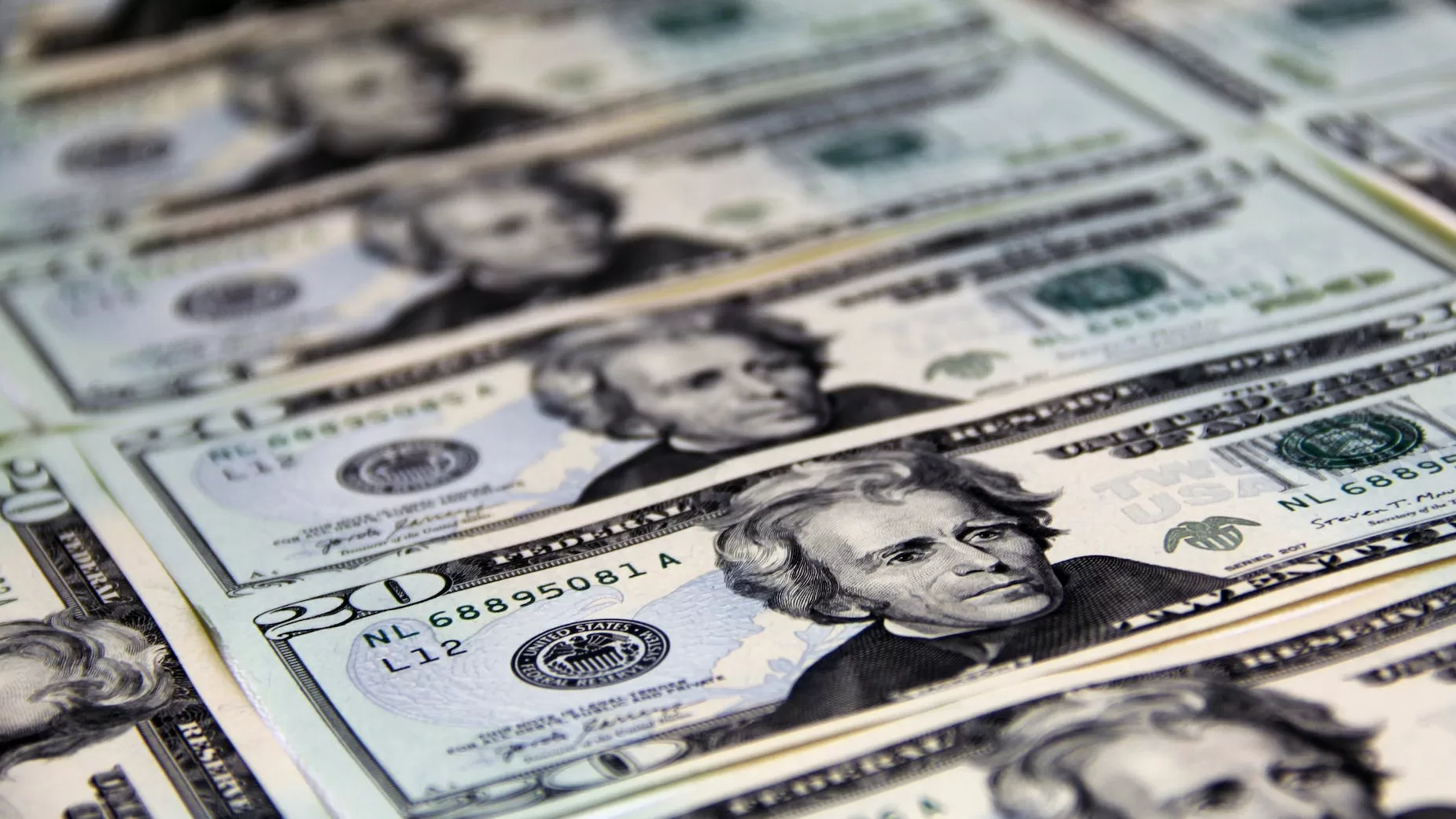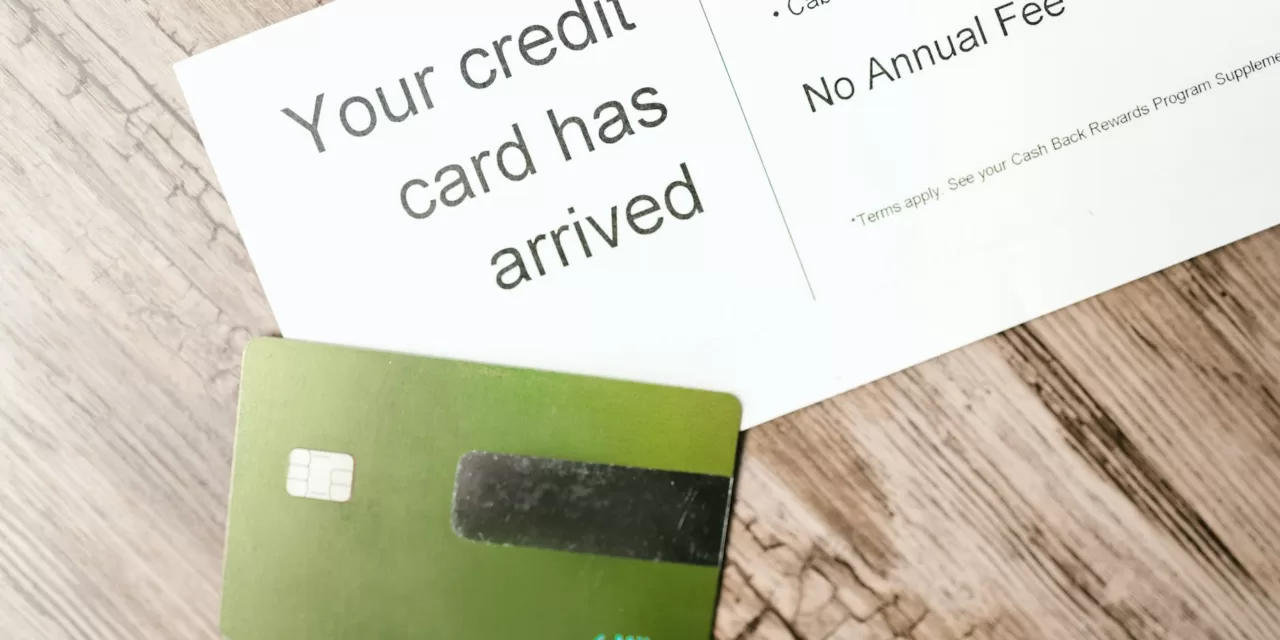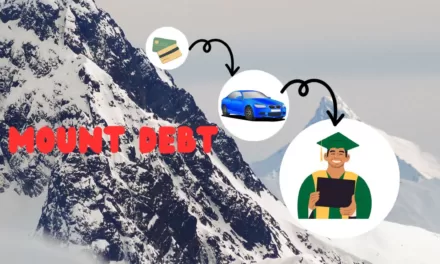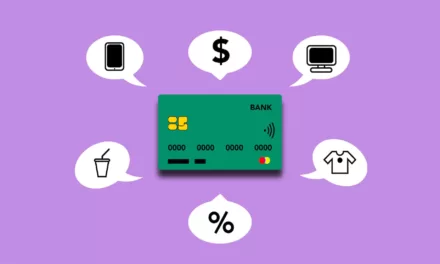In this post, we will discuss the commonly pursued goal of finding the best credit card rewards, but first, here is our disclosure.
Disclosure: This post may contain affiliate links, meaning we earn a commission on purchases made through those links at no extra cost to you. As an Amazon Associate, I earn from qualifying purchases.
Disclaimer: The content on this site is for informational and educational purposes only and does not constitute financial, investment, legal, tax, or any other professional advice and should not be used as a substitute for professional advice. For more details, read our full Disclaimer.
The Quest For the Best Credit Card Rewards
It seems like everyone is on a quest to find the best credit card rewards. They aim to find the credit card with the best cashback, points, and airline miles. If you want evidence, do a Google search for the best rewards credit cards, and you will be met with hundreds of millions of results. Based on those results, it is safe to say that we are obsessed with credit cards and their rewards.
But why are we so obsessed?
Credit cards are simple to obtain and make buying things easy. Add in the credit card rewards, and people believe they are coming out ahead by using credit cards. This ease of use and the lure of rewards has led to staggering levels of credit card debt among Americans. According to the Federal Reserve Bank of New York, Americans are nearing $1 trillion in credit card debt. That equates to a ridiculous amount of spending.
Unfortunately, the true winners in this game are the credit card companies and the institutions and people promoting their cards. Always remember that credit card companies generate revenue from interest charges and fees paid by cardholders and by taking a percentage from vendors on each transaction. Therefore, they need you to signup for their cards and for you to use them as often as possible.
How do they accomplish this goal? The primary way is through their rewards programs.
Credit Card Rewards, The Great Motivator
Many people find credit card rewards a strong incentive to spend money, often leading them to spend more than they otherwise would. The idea of receiving rewards like cash back or airline miles is enticing. However, credit card companies are not offering you rewards out of the kindness of their hearts. They do it because it is a great motivator to get you to spend, leading to huge profits.
I completely understand how credit card rewards can be alluring, as I also find myself using my credit cards frequently to take advantage of the rewards. Although I pay my credit card balances in full each month, I realize that the credit card companies still make money from my purchases through the transaction fees they collect from vendors. I am also aware that credit cards and their rewards lead me to make purchases I would not normally consider if I were paying in cash.
During my research for this post, I came across an intriguing article from MIT’s Sloan School of Management that delves into the psychology behind credit cards and how they impact our spending. According to the article, the mere act of using credit cards can activate the reward center of our brains. This leads me to wonder just how much more stimulated that part of our brain becomes when credit card rewards are added into the mix.
This positive feedback you feel when using credit cards only increases your spending. While the exact percentage may be difficult to determine, I ran across articles citing a study by Dun & Bradsheet that found that people spend between 12% to 18% more when using credit cards than cash.
If you do not believe me, try shopping using cash instead of your credit card.
Do The Cash Experiment

If credit card rewards are the great motivator, then cash is the great demotivator. It’s incredible how much more thoughtful you become with your spending when you’re using cash. I am not talking about using your debit card, as I think people overspend with those too. I mean shopping with cold hard cash.
During my twenties, I used cash for all my purchases, allowing myself a weekly budget of around $150. Given that this $150 had to cover my groceries, gas, eating out, and entertainment, I became mindful of my spending habits. Once the cash ran out, I would have to wait until the next paycheck to spend again.
I encourage you to experiment. Use cash instead of your credit card for one month during your weekly grocery shopping. I guarantee it will be shocking to see how much less you spend using cash than using credit cards. The savings will be far more than any rewards you receive from credit card companies. Gone will be those impulse buys you throw into your cart while walking down the aisle.
When you pay with a credit card and are motivated by the rewards, it is much easier to make those impulse purchases. You may not need it, but what the heck? You are going to be getting 2% cashback or 200 points anyway. So why not throw it in the cart?
So I encourage you to give this experiment a try. If you cannot do a month, try it for one week. You will be shocked by how much those credit cards and rewards motivate you to overspend.
The Mystery Rewards: Points and Airline Miles
I can get my head around cashback credit cards because they are straightforward. You get a certain percentage back on each purchase, an actual dollar amount. No conversions or math are involved in figuring out their worth. What you see is what you get. On the other hand, I find the concept of earning points or airline miles confusing. They are a complete mystery to me.
To start, the dollar value of the points or airline miles can vary, and credit card companies can change the rules and values anytime. Then you have different rules for earning points or miles and redeeming them. It is overly complex, and the credit card companies want it that way. They hold all the power.
Playing a losing game with points
Points on credit cards have gamified their usage. It is reminiscent of my childhood visits to arcades where I paid to play games that earned tickets. Skee-Ball is a prime example. You would continuously feed money into the game, eagerly watching as it dispensed tickets. When you finally got bored or ran out of money, you went up to the counter to exchange your reems of tickets for a prize.
More than likely, your large stash of tickets would only earn you one of the small toys. However, while picking out your trinket, you could not help but notice all the cool toys and the number of tickets you needed to get one of them. You would have something to shoot for the next time you were at the arcade. Ultimately, you probably spent $20 to get a cheap $1 toy, but you were happy and thought you had won something.
Who determines the value of the tickets and the toys eligible for redemption? The arcade. Not you. At any time, they can change the choice of prizes and the tickets needed to earn one. This is exactly how credit card companies use points to lure you into overspending.
The points and miles are the Skee-Ball tickets, and what you can redeem with them are the cheap toys behind the counter. Oh yeah! Don’t forget that the credit card company determines how much the points and miles are worth and the prizes available to you.
How Much Are Those Points And Miles Worth?

Typically you earn one point for each dollar spent, and each point is worth around 1 cent. By using points, all of a sudden, the whopping penny looks a whole lot better. However, that means to reach 10,000 points or $100, you need to spend $10,000. Let that sink in for a second.
Imagine you go to the grocery store, spend $200, and pay for it with your points reward card. That $200 just earned you 200 pennies or $2. That doesn’t sound very impressive. So instead of saying you earned 200 pennies, credit card companies turn it into 200 points. Oh, and this month you earn double the points. So instead of 200 points, you earned 400 pennies. I mean 400 points.
You are even more excited because your trip to the grocery store helped you reach 40,000 points. You will redeem those points for a flight you are booking to Orlando. The only problem is when you go to redeem your points, you no longer have enough points to book the flight. Why? Because the credit card company lowered the point value from 1 cent to half a penny. Now you need to earn 40,000 more points before you can book that same flight using points.
This is why I prefer cashback reward cards over points or miles. In the grocery store example, you will see that you earned $2, not 200 points. That $2 is worth $2. Psychologically, you will be less apt to overspend as much if you see the true dollar value of the rewards instead of points.
Chasing Credit Card Rewards and Going Broke
Let’s go back to that Dun & Bradsheet study that found people spend 12% to 18% more with credit cards than cash. Credit card companies are using rewards to push that number higher. The numbers only get better for credit card companies and worse for you if you cannot pay off your credit card in full every month or miss a payment. When that happens, they can hit you with late fees and charge you 20% APR on your balances.
You have to admit, all those points and miles no longer look that impressive. What seems like great rewards are starting to look much smaller, like the cheap trinkets you can win at the arcade.
I said it before and will say it again: No one has ever built wealth through credit card rewards. Now you see why. Chasing credit card rewards will have the opposite effect. Instead of building wealth, they will lead to more spending. More spending leads to more debt, and more debt gets you broke.
Looking at it this way, those great credit card rewards might just be an illusion.
It is not All Bad
After reading this post, you may think that there are no benefits to using credit cards. Believe it or not, there are, with the biggest being fraud protection.
When it comes to protection against fraud, credit cards are your best bet. Unlike debit cards, credit cards do not directly withdraw money from your bank account. In the event of fraud, the credit card company assumes responsibility and is motivated to resolve the issue promptly. Because fraud impacts them directly, they also establish measures that detect fraud in real-time, providing added protection.
In the unfortunate event of fraudulent activity on your debit card, you may never get your money back. You are responsible for promptly notifying the bank. You may be liable for the entire amount if you delay reporting the fraud within 60 days. This may lead to a complete loss of your account balance, leaving you no option to retrieve your funds. This is why I do not use debit cards.
Credit cards may also offer some purchasing protections and make it much easier to dispute erroneous charges. If you make a big purchase in cash or by debit card and something goes wrong, you may have no way to recoup the costs. The same thing goes when you are booking travel. With a credit card, you have more options to recoup your losses, and the credit card company will do most of the heavy lifting. Why? Because it directly impacts their bottom line.
Key Takeaways
The reward programs that are put in place by credit card companies are designed to incentivize and motivate individuals to spend more money on their credit cards. They carefully craft these programs to provide enticing benefits and rewards that appeal to consumers. They encourage the use of their credit cards for everyday purchases and other expenses. By offering rewards such as cashback, airline miles, or other incentives, credit card companies hope to increase spending, leading to larger profits.
This is not to say you should not use credit cards. I am not someone who believes you should never use credit cards. Rather you need to be mindful of their impact on your spending habits. I use them but do not put much thought or emphasis on the rewards. Also, I try to be mindful of my purchases and pay off my balances in full every month.
However, if you routinely overspend and carry a balance, you may want to reconsider using credit cards. If you are struggling with credit card debt, it might be best to stop using them entirely, as the high APR you pay on that debt will make it difficult to pay them off.
Remember, no one reaches financial freedom by going into debt from spending more than they make. That overspending is made worse when your borrowing costs are near 20%. So do not be fooled by credit card rewards. In many ways, they are just an illusion.






